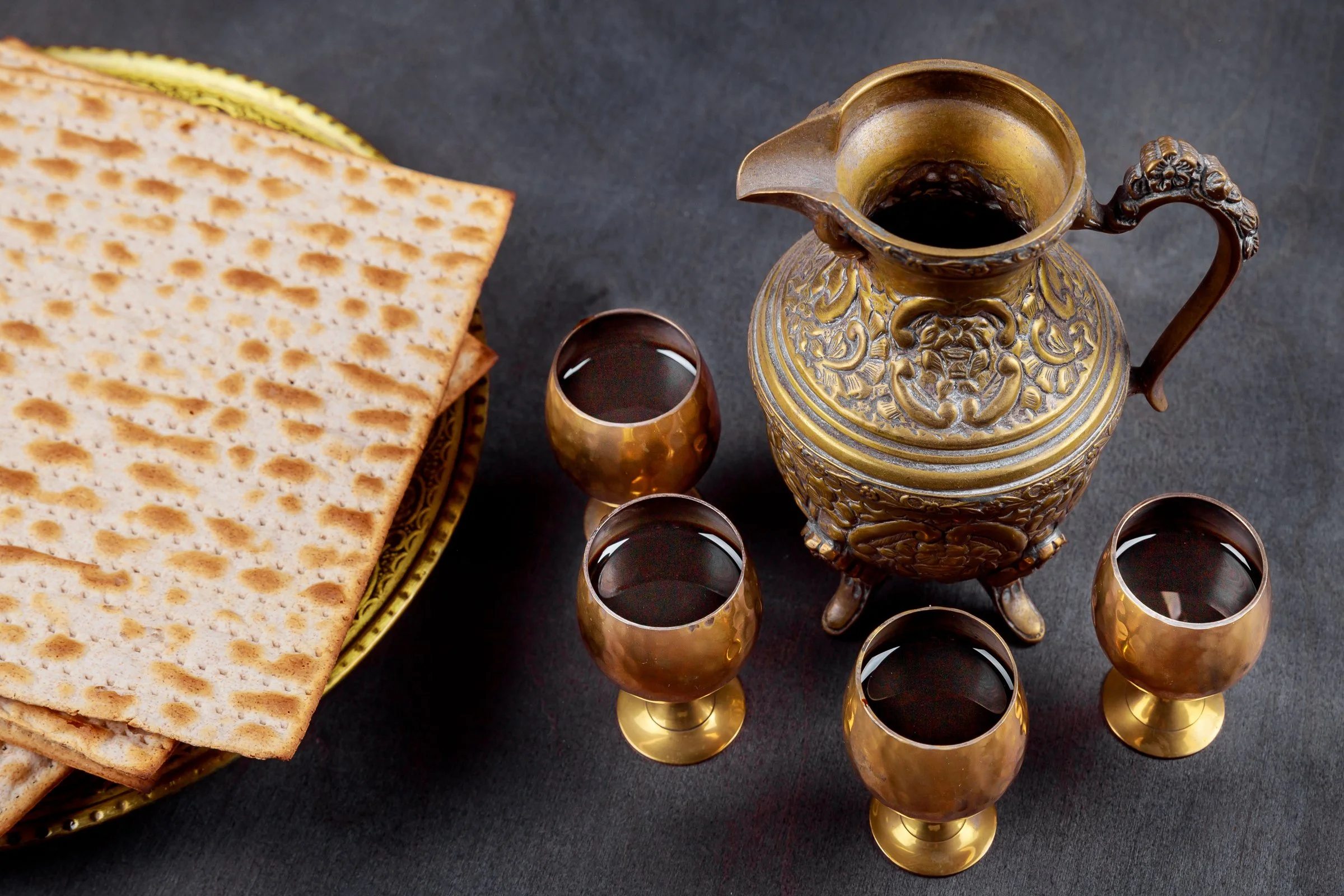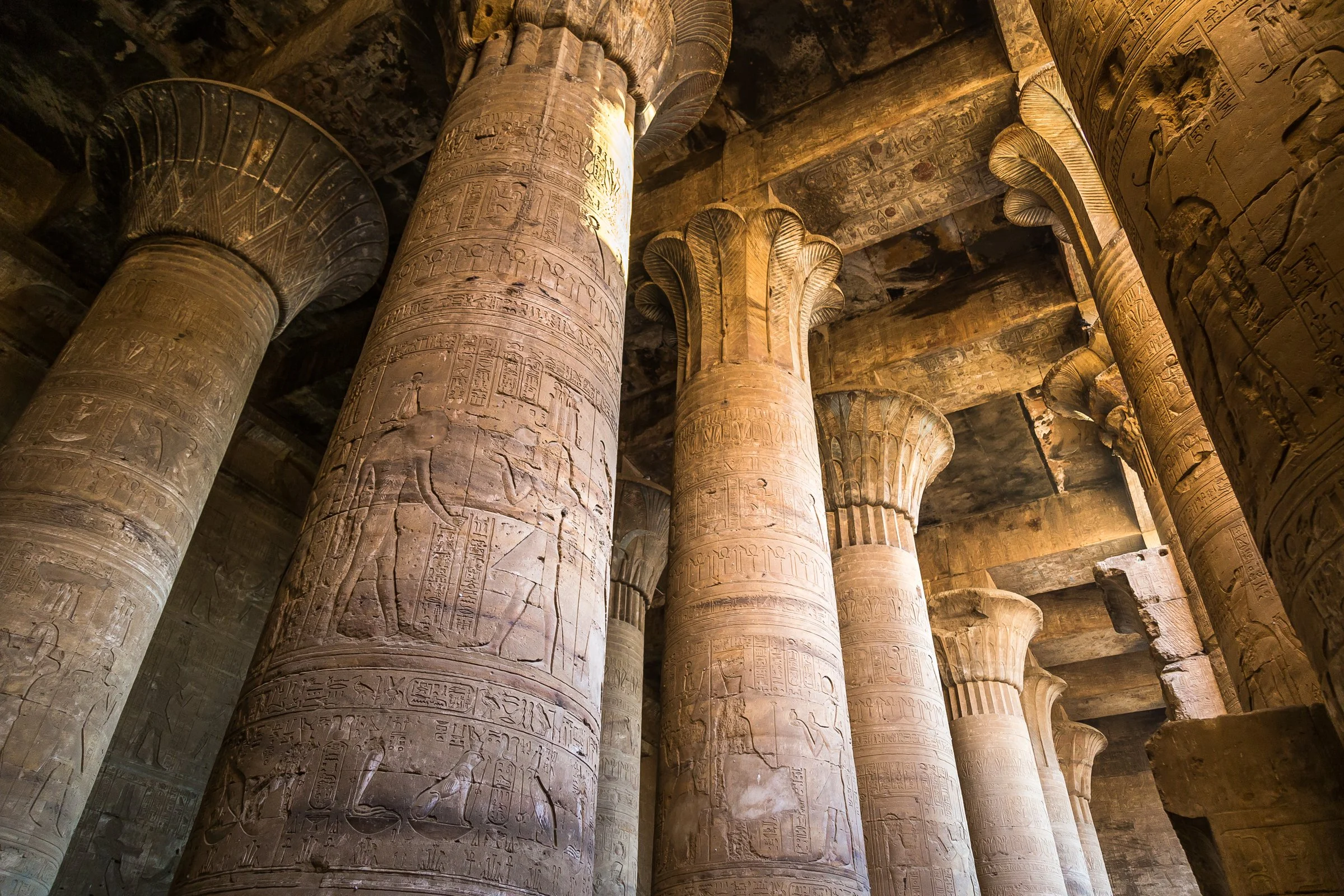The first time read about the Shofar, the ram’s horn, in the Bible is in Exodus Chapter 19, when the Israelites encamped below Mount Sinai. The Hebrew word used in these chapters is Shofar (שֹׁפָ֖ר).[i] The Lord instructed the Israelites to wait for the third day when He would come down upon the mountain, and the blast of a Shofar would sound before them.
Honoring the Feasts of The Lord
“And the Lord spoke to Moses, saying, Speak to the children of Israel, and say to them: The feasts of the Lord, which you shall proclaim to be holy convocations, these are My feasts” (Leviticus 23:1).
These are the eight feasts and celebrations of the Lord, and His holy convocations declared in Leviticus. They belong to Him and point to His first and second advents. Interestingly, the first holy assembly referenced is the Sabbath. The remaining seven festivals are seasonally divided into spring and fall. These include the Passover, Feast of Unleavened Bread, Feast of Firstfruits (Resurrection Sunday), Feast of Weeks (Pentecost), Feast of Trumpets (Jewish Civil New Year), Day of Atonement, and Feast of Tabernacles.
Yom Kippur—The Day of Atonement
Yom Kippur, the Day of Atonement is considered to be the holiest day of the year for the Jewish people. It is a solemn day to afflict our souls, but it is also a joyful day in knowing that God will forgive our sins. It commemorates the day when God forgave the Jewish people for the sin of the Golden Calf.
The Fall High Holy Days and the Feast of Tabernacles
It is impossible to understand God’s festivals (His feasts) and the Lord’s high holy days without knowing God’s Hebrew calendar and prophecies. We must have the heart to understand God’s Kingdom’s purposes for the nation of Israel. Many Christians have asked me: “Why should I celebrate the feasts in the Old Testament? Are we not under a New Covenant?” Yes, we are. However, our understanding of these feasts is essential to the church.
Mysteries of Christ in The Passover
The Exodus from Egypt and the liberation of the Jewish people from slavery marked the birth of the nation of Israel, and is considered by the Jewish people to be the single most important event in their history. The delivery itself was both miraculous and divinely orchestrated entirely at His hand. The Lord had sent Moses to Pharaoh to deliver this message; “Let my people go, that they may hold a feast to Me in the wilderness” (Exodus 5:1, NKJV).
In the Land of Egypt
“Now the Lord spoke to Moses and Aaron in the land of Egypt…” (Exodus 12:1, NKJV).
This chapter details the exodus from Egypt, the laws of the Passover, and the plague of the first-born. But it opens with an intriguing phrase, “in the land of Egypt.” Since we know the story is unfolding in Egypt, why is it necessary for God to reiterate an obvious fact?
Chanukah—The Festival of Lights and Feast of Dedication
The story of Chanukah takes place about two-hundred years before the birth of Christ during the time of the second temple in Jerusalem. A small group of Israelites led by a family of Aaronic priests, called the Maccabees (Hebrew meaning hammer), had risen up against their Greek-Syrian oppressors in what is called the Maccabean Revolt. This was not just a fight against a foreign occupying presence, but a spiritual battle against the Hellenization and assimilation of the Jewish people into Greek culture and idolatry.
The Shemitah and Yovel
Many are asking questions about the recent Shemitah (Sabbatical—Hebrew שְׁמִטָּה), and possible upcoming Yovel (Jubilee—Hebrew יוֹבֵל) year. This article attempts to explain some of the mysteries and confusion surrounding these biblical events.









